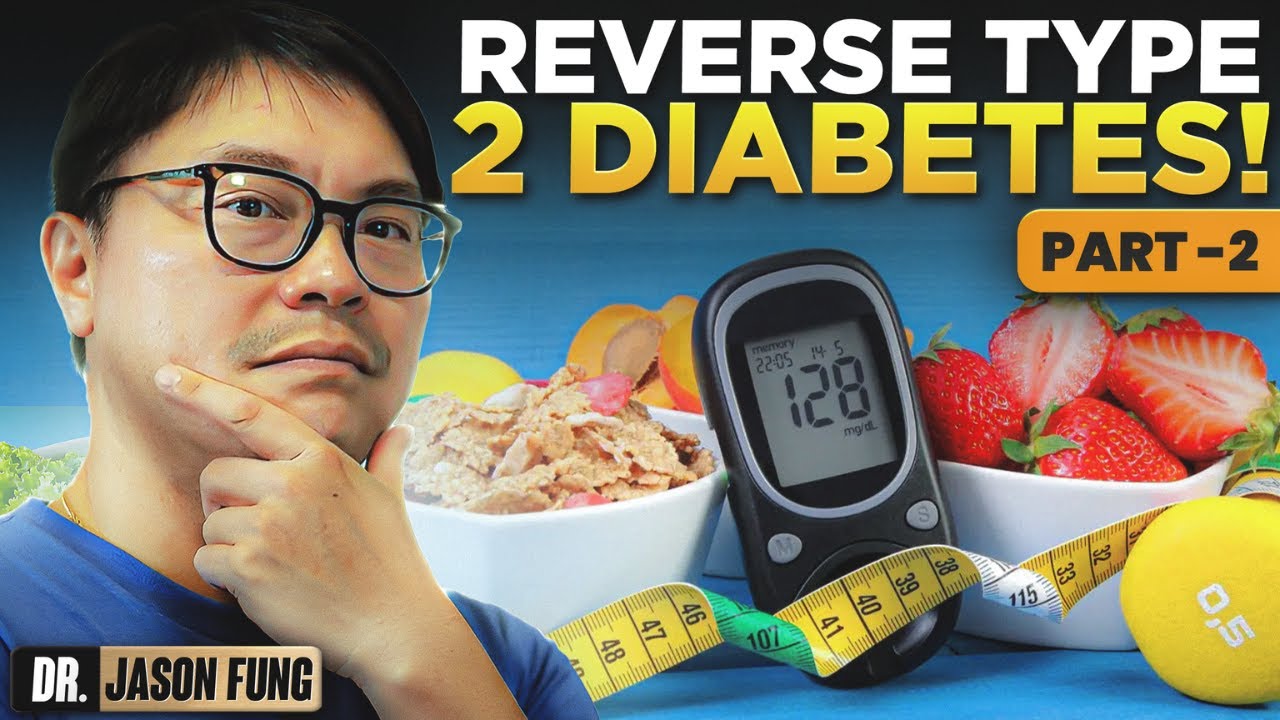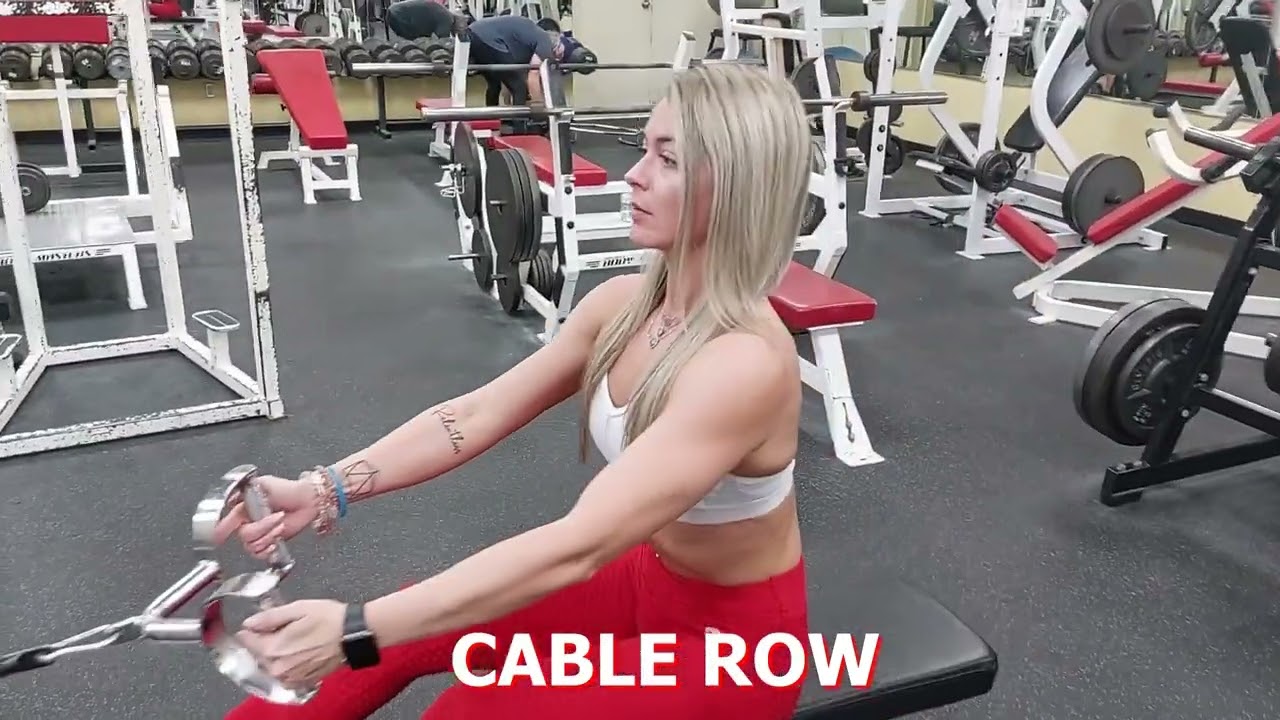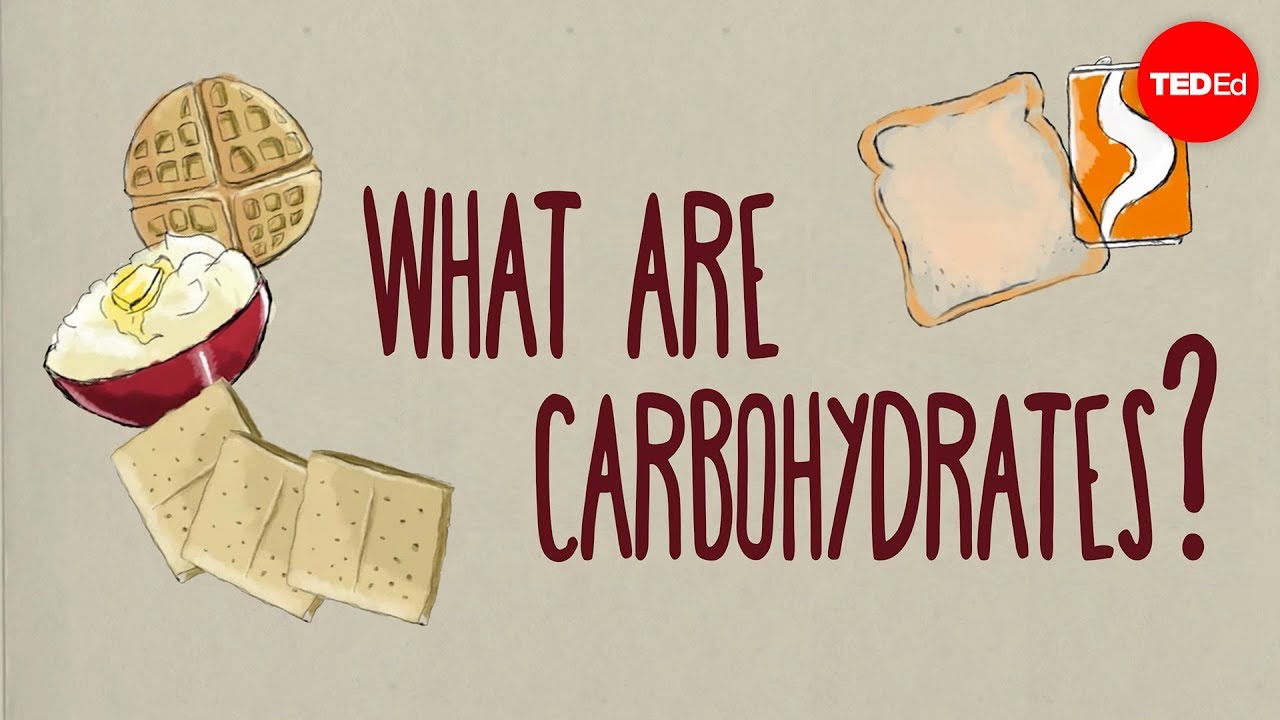hi I’m Dr Jason fun welcome to the diabetes code Clinic part two if you didn’t get a chance you can review part one where we talk about type 2 diabetes what it is how it develops and how to reverse it we’re focused here on remission of type 2 diabetes that is putting it into reverse and in this section we’re going to talk about low carbohydrate [Music] diets remember that type 2 diabetes is essentially an overflow problem your body has too much sugar can’t handle it and the sugar is spilling out into the blood imagine if you will a rain barrel the water is like the glucose your body is like the barrel the barrel can hold a certain amount of the glucose but if you get too much it’s going to spill out over the top and when it spills out over the top that’s when you have problems so where is this glucose coming from well it’s coming from your diet and that’s why it’s so important to focus on the cause of the problem which is your diet and low carbohydrate diets can be very effective for a very simple reason carbohydrates are sugar and your body has too much of it already all foods are composed of three macronutrients that is proteins fats and and carbohydrates proteins such as you might see with Meats uh fish uh nuts lentils for example contain amino acids and there are certain amount of essential amino acids meaning that our body can’t make them so if you eat a zero protein diet eventually you’re going to get sick these amino acids are not glucose and they don’t raise your blood glucose second micronutrient is fat and these are composed of fatty acids so foods such as avocados full fat Dairy some of the fatty cuts of meat are going to have a lot of fat and there are some essential fatty acids such as you may have heard of the Omega-3s and this means that our body can’t produce those fats so if we eat a zero fat diet eventually we’re going to get sick as well and the third macronutrient is carbohy hydrates so these are the starches and the sugars carbohydrates are things like bread rice potatoes um and that kind of thing and what you have to understand is that there are no essential carbohydrates carbohydrates what are they well they’re glucose that’s their chemical structure if you look at a starch such as flour it’s composed of a long chain of glucose and it’s in two different patterns one called Amal optin and one called amalo but the point is that when your body breaks them down into their component parts you’re absorbing glucose and when you absorb that glucose your blood glucose is going to go up as opposed to amino acids from protein and fatty acids from fats you don’t need carbohydrate carbohydrates certainly provide energy that is calories but it provides no essential nutrients and this is where people get confused because they may say wow vegetables and fruits they have a lot of uh micronutrients things like fiber like vitamins like minerals yes but the the carbohydrate itself contains none of that certain carbohydrate containing foods may have that but the carbohydrate the starch itself doesn’t have any essential vitamins or nutrients and you can get that from other Foods so you don’t need to eat carbs to be healthy and we’ve known this for many many years if you give somebody glucose then their blood glucose is going to go up this was shown in 1984 if you give somebody 50 grams of glucose their blood glucose immediately goes up when you eat rapidly digested starches such as flour which has been uh very processed very fine it’s a very pure carbohydrate well it’s like eating 50 gram of pure glucose and your blood glucose will go up when you eat prot proteins your blood glucose doesn’t go anywhere and it’s really very simple if you eat glucose your blood glucose goes up if you eat amino acids or fatty acids your blood glucose is not going to go up because you didn’t eat any glucose so low carbohydrate diets for type 2 diabetes makes a lot of sense because if your body has too much glucose well you want to be eating less glucose remember this is a key Point some foods are going to raise your blood sugars and some foods do not raise your blood sugars so if your blood sugars are high such as with type 2 diabetes you want to eat more foods that don’t raise your blood sugars and those tend to be higher in protein and fats because you’re going to still get the calories that you need from the proteins and the fats but you’re not going to get the sugar as if you would if you took those calories as carbohydrates so you can simply shift to eating more proteins and more fats you got to look for the sugar in your diet and eliminate it if you want your blood sugars to get better and using this very simple approach Dr David Unwin in the United Kingdom showed that providing this advice you could put type 2 diabetes into remission 46% of the time that is get people off of all their medications and lower their sugars to the point that they would be considered not diabetic in almost half of his patients if they didn’t have diabetes and only had pre-diabetes he could normalize it in 93% of the cases that’s astounding amazing power of the diet on this dietary disease so when you want to get started on a low carbohydrate diet what do you eat and what do you not eat well here’s a very simple guide the foods that you eat green and non-starchy vegetables you can really eat as much as you like things like broccoli like asparagus cauliflower artichokes any of those vegetables that are grown above ground the the the Rudy vegetables like the starchy vegetables such as potatoes and so on tend to have much more of those carbohydrates and they can raise your blood glucose but the ones that are not so starchy yet go ahead proteins that’s Meats like beef and pork and lamb shellfish eggs those are fine because proteins don’t raise your blood glucose processed Meats where they can put a lot of sugar and other additives you should probably still try to avoid baloney and sausages you may have to be a little careful because you don’t know what else they’ve put in it but if you’re eating fresh fish or shellfish for example don’t worry and also natural fat so fats that appear as they would in nature things like butter such as olive oil coconut oil avocados those no problem because again those foods are not going to raise your blood glucose so what do you want to avoid well these things tend to raise blood glucose so added sugars anything where they say they’ve put sugar in cut it out sugary drinks sodas Iced Teas fruit juices cocktails uh coffee drinks you should cut that out all together because you know they’re sweet you know they’ve added sugar and therefore it’s going to raise your blood sugar starchy carbohydrates eat as little as possible so that the white carbs like white bread and white potatoes and white rice they’re highly refined and the point of being highly refined is that your body will absorb it very quickly and break it down almost instantly into glucose so your blood glucose goes way up if they’re unrefined it takes a little bit longer to digest and absorb and therefore it doesn’t cause as much of a spike but either case you should try to limit the starchy Foods as much as possible because in the end it is still glucose and your body has too much glucose already fat-free foods this is something that was very popular a little while ago when people were trying to avoid uh uh fats because they thought a low-fat diet would would help them they would replace the fat with sugar to make up for the taste and that’s why you should avoid these fat-free foods or lowfat Foods they tend to be very processed and very high in sugars and both are very bad snacks you should avoid the snacks because once again they tend to be highly processed carbohydrates because if you do that they’re shelf stable so biscuits and cookies and crackers and all those things people don’t want to cook when they’re having a snack so therefore refined carbohydrates can stay at room temperature almost indefinitely and therefore they tend to be very bad because it’s just a concentrated form of glucose and you don’t really need it you can eat more at your meal and fruits fruits are not the worst thing you can do but you have to understand that they still contain fructose because they’re sweet so try to minimize them if you can berries apples and pears are good choice sweeter fruits such as bananas and mangoes and grapes some people do get a lot of problems because they can raise the blood glucose very high there’s also this graphic here which shows you if you to translate a food into teaspoons of sugar how much would it be well a bowl of rice for example would be translated if it was glucose pure glucose to 10 .1 tpoon of sugar that’s a lot of sugar that you’re pouring into your body that has too much sugar already and most people won’t be able to handle it potato 9.1 teaspoons of sugar that’s a lot what if you’re to switch it instead for broccoli or eggs at the bottom of this graph here well broccoli only translates into 0.2 tpoon of sugar and the eggs is zero teaspoons of sugar so while the rice and the eggs and broccoli might be the same calories it’s very different in terms of the amount of sugar that you’re putting in your body remember that if you’re looking for type 2 diabetes remission you got to understand that carbs are sugar that’s their chemical structure they are glucose you cannot change that no matter what you do your body has too much glucose and is spilling glucose into the blood it’s like if you went to the gas station and you filled up your your car with gasoline now the tank is full but you keep pumping gas in pumping gas in and now it’s just spilling everywhere you’re getting all this uh gas all over your your clothes everywhere well what would you do well stop filling up the tank that’s the most obvious and correct thing to do in this case your body has too much glucose so stop putting more glucose in look at your diet and make those changes that you need to put your diabetes into remission
Read More: BRANDY B.NPC COMPETITOR BACK ROUTINE




